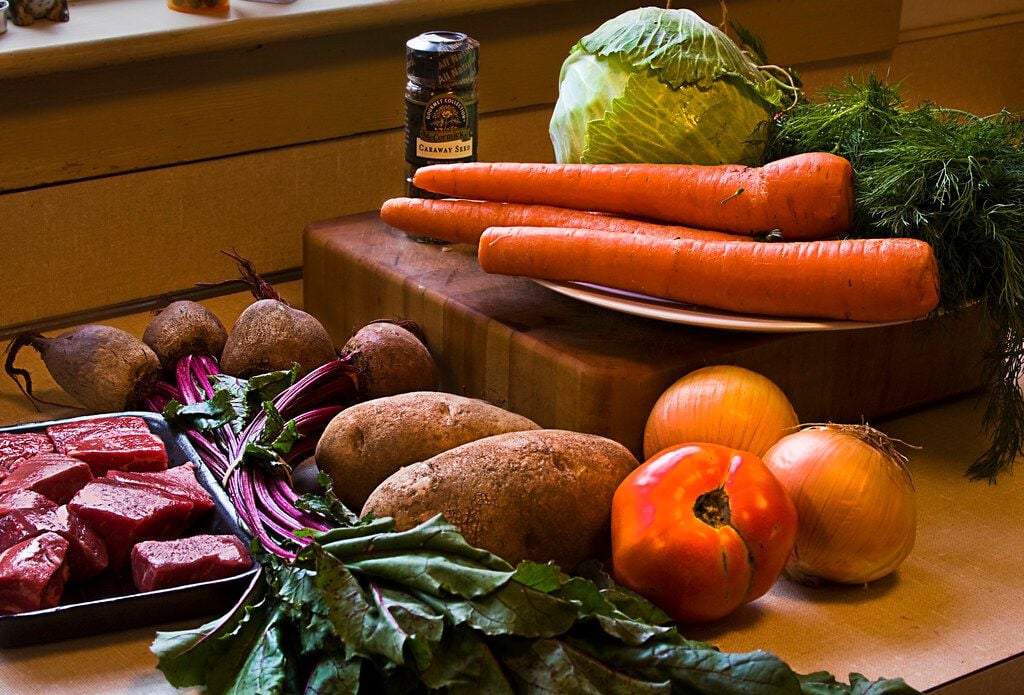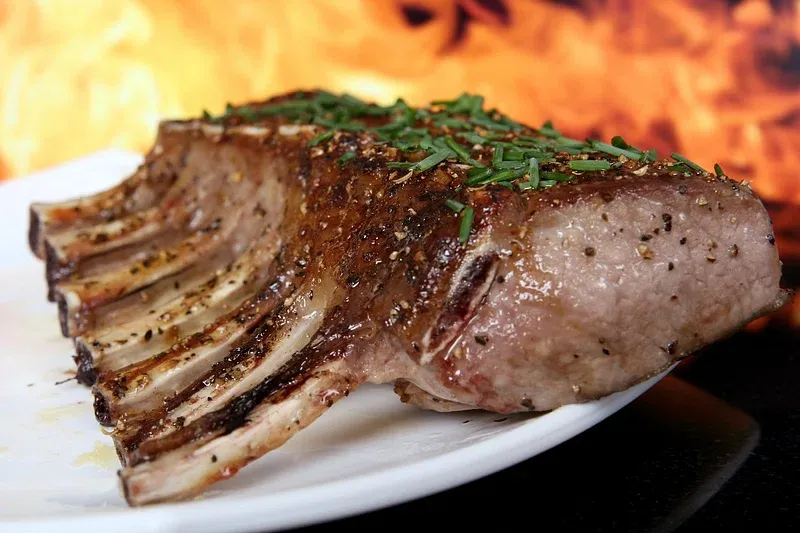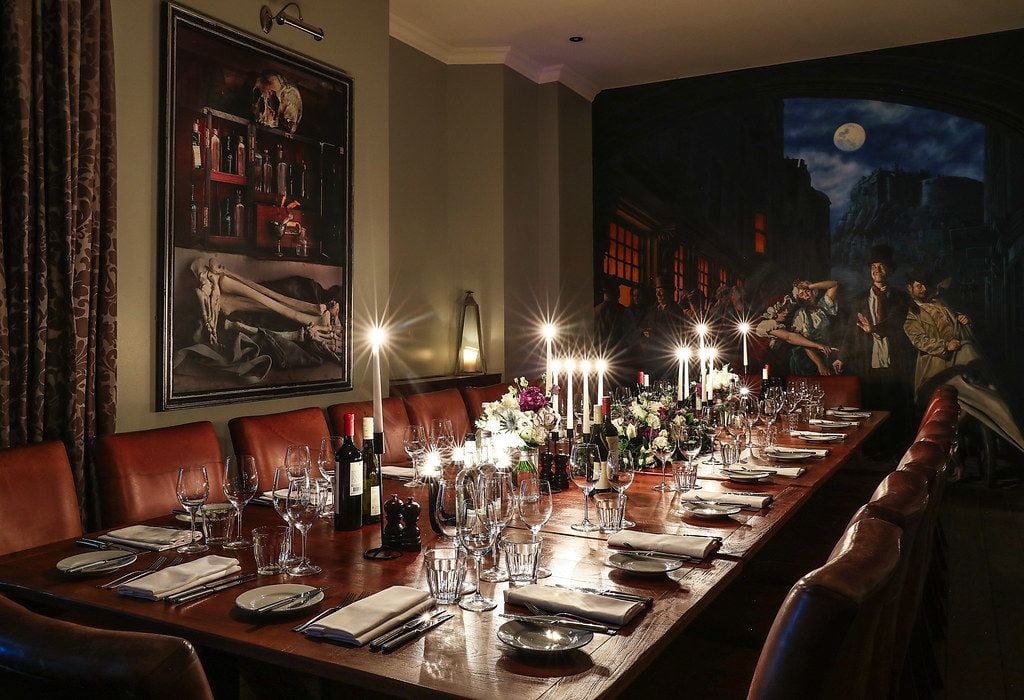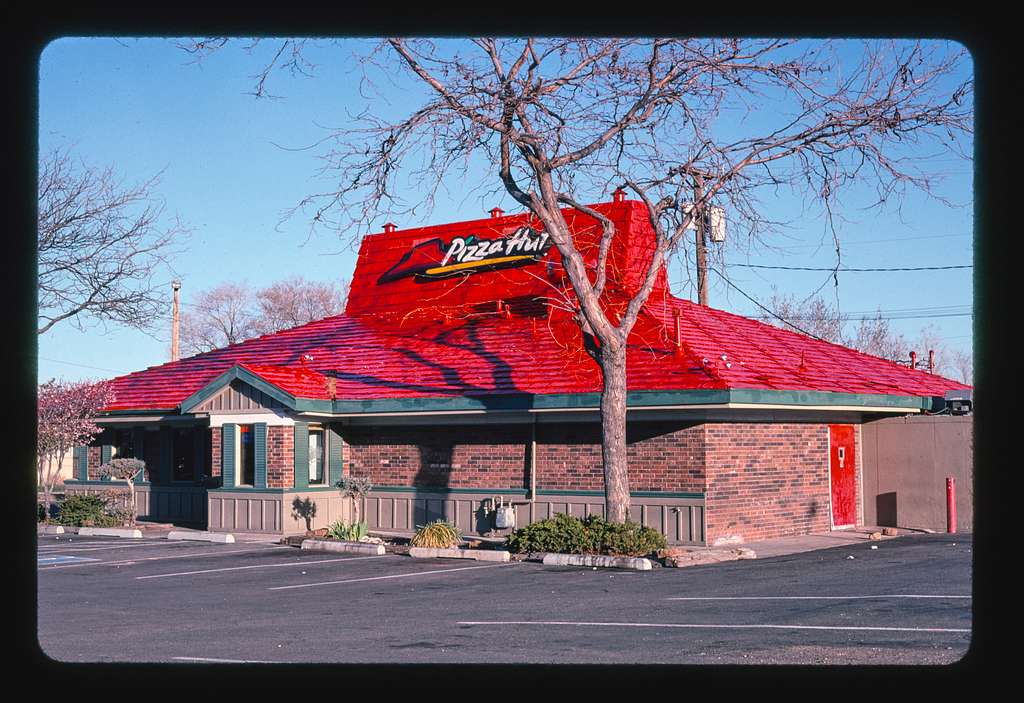
Exploring Cider: Is It More Wine Than Beer?
- Oct 22, 2024
It's undeniable: American cider is undergoing a powerful resurgence. Cider makers in all 50 states are redefining this vintage beverage, aiming to reacquaint drinkers with the rich diversity captured in a glass of cider. However, just like any worthy pursuit, occasional stumbling is part of the process.
Interestingly, cider often finds its place among rows of frosty beer, though it shares a close resemblance to wine. Both cider and wine are born out of fermenting juice, prompting American cider makers to seek recognition for its distinct merits, rather than live in the shadows of others.
American cider makers have every chance to carve their own path, according to Aaron Walker, director of winemaking operations at Central Coast's Pali Wine Company. He says, “Creating an exclusive identity rather than being another type of wine would be in their best interests… They already have the narrative. People always appreciate good stories when it comes to consumption.”
Fascinating tales around American cider often delve into its historical significance, with attention given to the time between the colonial era and Prohibition. This period saw cider overshadow water in terms of consumption. But with the lifting of Prohibition, orchard cultivation and cider making fell out of favor, yielding the spotlight to industrial beer production and domestic winemaking.
Now, the American cider industry yearns to regain its lost glory, and the first step is to improve consumer understanding of cider’s unique identity.
Todd Cavallo, cider maker at Wild Arc Farm in New York’s Hudson Valley region, is one of the people who views cider's relation to wine favorably. As far as he is concerned, he feels that cider's comparison to wine could lead people to a deeper understanding of its nature. "I’ve heard it said, I can’t remember who originally said it, but sparkling cider is America's Champagne," he notes.

Interestingly, in cider-enthusiastic regions such as Germany and Spain's Basque Country, cider often translates directly to "apple wine." However, for the budding cider scene in the U.S., drawing parallels to beer or wine may be beneficial in engaging a curious audience.
However, not everyone around the world acknowledges cider as wine, despite American regulations classifying it as such. Adam Wells, founder of Cider Review and a WSET Wine & Spirits diploma holder, states, “In the largest cider-producing countries such as the U.K. and South Africa, cider is more likely to be compared with beer.”
Another important factor to consider is cider's high production costs, which are more in line with winemaking than with brewing beer. Riley Duffie Bresnahan, sales director for Eden Ciders and Iapetus Wine, notes that "People expect cider to be cheaper, despite the labor and costs being much closer to those of making wine."
Cider certainly shares some characteristics with wine. For instance, cider's lower alcohol content compared to wine often boosts its complexity and drinkability. Adam Wells notes that less alcohol enhances textural elements like tannin, heightening senses of sharpness or astringency.
Cider and wine share more similarities, covering the range from light-bodied and complex to full-bodied, dry to sweet, and they both pair well with food. However, the perception of consumers placing higher value on bottled beverages than canned ones presents yet another challenge for cider.
“There is a cider for every occasion,” says Bresnahan in conclusion, “Embrace the versatility.” In doing so, drinkers will get the chance to fully explore and appreciate American ciders' unique nuances amidst the ongoing cider resurgence.






